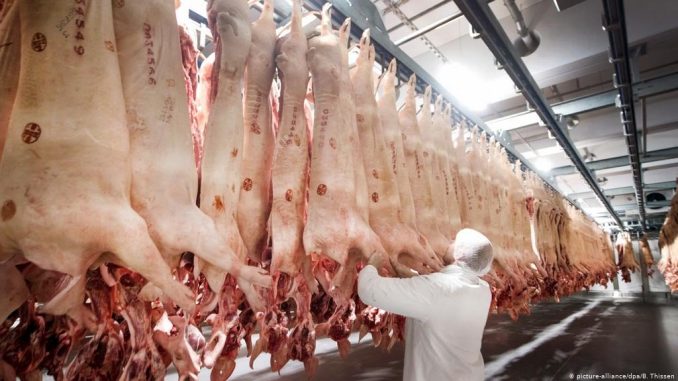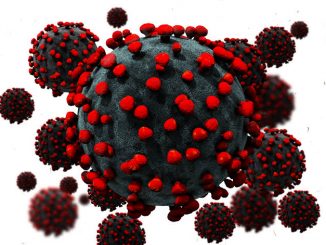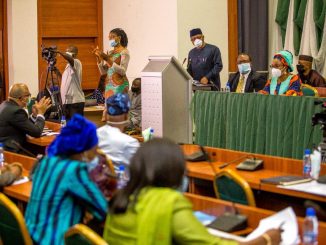
Yet another German slaughterhouse has registered a massive outbreak of the coronavirus. Roughly two-thirds of the test results so far have come back positive.
The Rheda-Wiedenbrück meat processing plant, in the district of Gütersloh, near Bielefeld, is run by Tönnies, the leading meat processing firm in Germany.
ALSO READ: Dame Vera Lynn, ‘We’ll Meet Again singer,’ dies at 103
Just over 1,000 workers were tested, and most of the results were processed by Wednesday evening.
Around 7,000 people in the area have been put in quarantine due to possible exposure to the virus.
ALSO READ: Germany agrees stricter meat industry regulations following coronavirus outbreaks
The results have prompted local authorities to shut down the plant, and suspend all schools and daycare centers in the region until the summer holidays on June 29.
The district said it hopes these steps will work to stop the outbreak spreading further in the population.
Germany’s meat processing sector has come under increasing scrutiny during the pandemic, with several plants reporting massive outbreaks. The sector is plagued with poor working conditions, exploitative contracts and usurious rents in mass housing for eastern European workers.
A spokesman for Tönnies said at a press conference: “We can only apologize.”
Spokesman Andre Vielstädte said the business had worked “intensively” to “keep the virus out of the company.”
The company said it was unclear whether there were multiple clusters, but that the outbreak was recent as tests had come back negative just three to four weeks ago.
ALSO READ: Coronavirus: ‘Modern slavery’ at the heart of German slaughterhouse outbreak
The company speculatively blamed its workers, largely from Romania and Bulgaria, for traveling home during the long weekend and bringing it back to Germany.
According to the European Center for Disease Prevention and Control, Germany has had far more confirmed cases of coronavirus than either Romania or Bulgaria. In the past 14 days, Germany registered 4,814 new cases, compared to 2,898 in Romania and 915 in Bulgaria.
Catholic priest Peter Kossen, who provides pastoral care to many workers in the meat industry, called for meat processing companies to improve conditions for workers during an interview with DW.
“Women and men are simply worn out by these living and working conditions. They are treated as if they had no human dignity, as if they were third-class citizens,” he told DW. “As long as you don’t change this structure, you will always have these mass outbreaks in the meat industry.”
He called for improvements to worker accommodation with one room per person so that the workers can effectively social distance and so they can achieve proper rest.
According to Germany’s Robert Koch Institute, across the country the infection rate continues to remain low, despite local flare-ups.Some 156 of 412 districts have not reported any new infections in the past seven days. No district has exceeded the limit of 50 new infections per 100,000 inhabitants. It is unclear if Gütersloh is included in that figure.
A comparatively high number of new infections per 100,000 inhabitants have been registered in the past seven days in Aichach-Friedberg, Greiz, Gütersloh, Verden, Sonneberg and the Berlin district of Neukölln.




